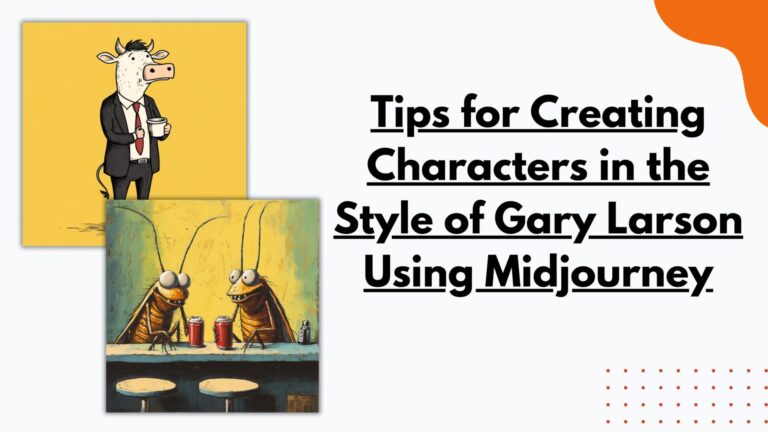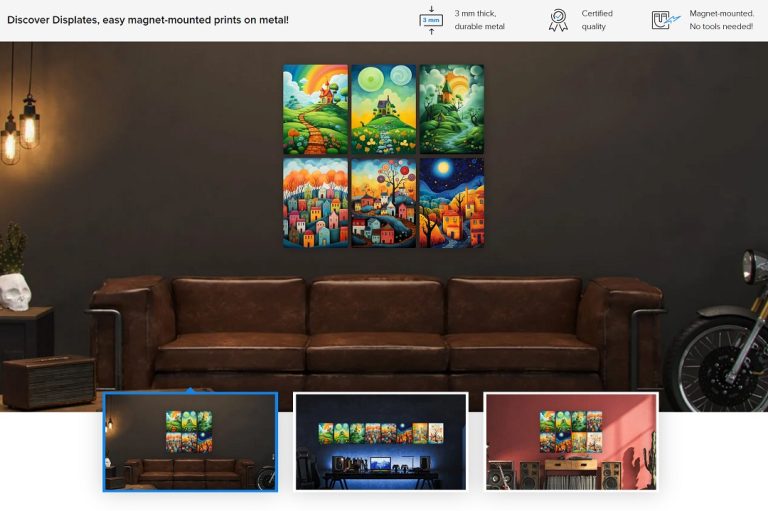Getty Images vs. Stability AI: A Landmark Case in AI and Copyright Law
Introduction
In a London courtroom, the future of artificial intelligence and its relationship with intellectual property law is being tested like never before. On one side stands Getty Images, one of the world’s leading visual content agencies. On the other, Stability AI — the company behind Stable Diffusion, a powerful AI image-generation tool. This landmark trial marks the first major legal battle in the UK to determine whether AI developers can use copyrighted material without permission to train their systems.
Getty Images claims that Stability AI unlawfully scraped millions of images from its database to train its AI model, violating copyright laws on a massive scale. The outcome of this three-week trial could set a crucial legal precedent, reshaping how AI companies operate and forcing them to rethink how they source data for training models.
A Test of Fair Use
At the heart of the case is a fundamental question: does using copyrighted images to train AI constitute “fair use”? Getty Images’ legal team argues that no amount of technological innovation justifies ignoring intellectual property rights. Lindsay Lane KC, representing Getty, emphasized that while the AI industry may have positive potential, it cannot come at the expense of creators’ rights.
Stability AI, however, sees the issue differently. Its lawyers argue that generative AI builds upon collective human knowledge, which should be protected under principles of fair use and freedom of expression. The company also raises a technical defense, claiming that much of the model’s training occurred on U.S. servers, potentially placing it outside the reach of UK copyright law.
This part of the trial is not just about legal definitions — it’s about values. Should AI be allowed to freely learn from human creativity, or must it compensate those whose work forms the foundation of its learning?
Industry at a Crossroads
The stakes extend far beyond this single courtroom. The creative industry — including photographers, artists, and musicians — has increasingly raised concerns over AI’s unchecked use of their work. Even music legends like Elton John and Paul McCartney have called for stronger protections for creators in the age of AI.
Meanwhile, the UK government has struggled to mediate between these two worlds. Attempts to create a voluntary code of conduct between AI developers and content creators have failed, leaving courts as the battleground for defining new rules.
Legal experts describe this case as venturing into uncharted territory. A ruling in favor of Getty Images could open the floodgates for similar lawsuits and force AI companies to seek licenses for training data. Conversely, a win for Stability AI might embolden the industry to continue using large datasets without consent, fundamentally altering the landscape of digital creation.
Conclusion
The trial between Getty Images and Stability AI isn’t just about one company or one technology — it’s about the future of creativity in the digital age. As AI becomes more integrated into art, media, and culture, the line between inspiration and infringement grows ever thinner. This case will likely serve as a turning point, influencing not only British law but also setting global standards for how we balance innovation with respect for intellectual property.
Whatever the verdict, one thing is clear: the era of unregulated AI training is coming to an end. And the world is watching to see what comes next.






